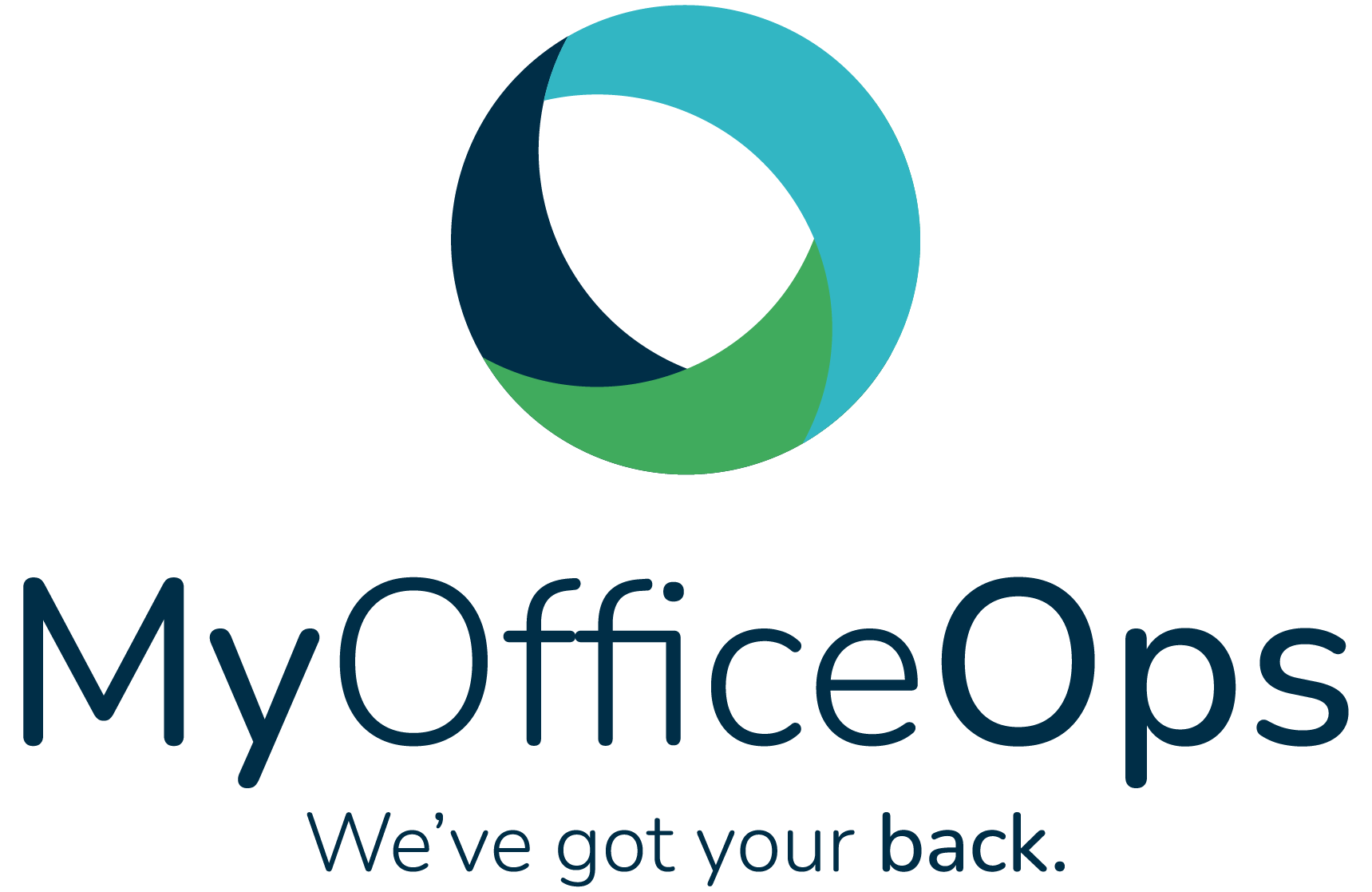Selling your business can feel overwhelming. With so many moving parts, it’s hard to know where to start. But don’t worry, we’re here to help. This comprehensive selling a business checklist will guide you through each step, ensuring a smooth and successful sale.
The Power Of A Selling A Business Checklist
A selling a business checklist is essential. It keeps you organized and focused, guiding you through each stage and making sure you don’t miss any critical steps. A well-structured checklist can help you:
- Maximize your business’s value: By addressing key areas and presenting your business in the best possible light.
- Streamline the process: Saving you time and reducing stress by providing a clear path forward.
- Attract the right buyers: Showcasing your business’s strengths and potential.
- Negotiate effectively: Ensuring you secure the best possible deal.
- Ensure a smooth transition: Facilitating a seamless handover to the new owner.
Phase 1: Getting Ready To Sell
Before you list your business, it’s crucial to lay the groundwork for a successful sale. In this phase, you’ll take a step back to clarify your motivations, assess the market conditions, and determine the true value of your business. By completing these essential preparations, you’ll position yourself for a smoother and more profitable sale.
Why Are You Selling?
Before getting into the details, clarify your motivations. Why are you selling? Understanding your ‘why’ shapes your approach and influences key decisions.
- Are you looking to retire and enjoy the fruits of your labor?
- Are you seeking new opportunities and challenges?
- Are you ready to pursue a different lifestyle or passion?
- Or perhaps you’re facing financial or personal circumstances that necessitate a sale.
Whatever your reasons, be clear about them from the start. This clarity will help you communicate effectively with potential buyers and ensure you achieve your desired outcome.
When to Sell
Timing is everything when it comes to selling a business. The right moment can significantly impact the sale price and overall success. Consider factors like:
- Market conditions: Is the market favorable for your industry? Are there potential buyers actively seeking businesses like yours?
- Industry trends: Is your industry growing or declining? Are there any emerging technologies or trends that could impact your business’s value? Are there any shifts happening in the industry that impact the desirability of your type of business?
- Personal circumstances: Are you in a position to dedicate the necessary time and energy to the sale process? Are there any personal factors that could influence your decision-making?
By carefully evaluating these factors, you can determine the optimal time to sell and maximize your chances of a successful outcome.
Business Valuation
Accurate business valuation is essential for setting realistic expectations and attracting serious buyers. Avoid undervaluing or overpricing. Consider using a combination of valuation methods like:
- Market-based: Comparing your business to similar businesses that have recently sold.
- Asset-based: Evaluating the value of your business’s assets, including equipment, inventory, and real estate.
- Income-based: Assessing your business’s profitability and future earning potential.
Work with experienced professionals like our virtual CFO services team to get an accurate valuation of your business. Our expertise can help you determine a fair market price and justify the asking price to potential buyers.
Phase 2: Preparing Your Business For Sale
Now that you have a clear understanding of your motivations, timing, and value, it’s time to prepare your business for sale. This involves a thorough review and optimization of various aspects to make it as attractive as possible to potential buyers. In this phase, you’ll focus on getting your documents in order, ensuring your finances are transparent, streamlining your operations, and creating a positive impression for potential buyers. A well-prepared business is far more attractive to serious buyers.
Get Organized
Imagine you’re a buyer looking at two businesses. One has a disorganized mess of papers, while the other presents a neatly organized binder with all the essential documents. Which one would you trust more?
Having your documents in order demonstrates professionalism and transparency, instilling confidence in potential buyers. Gather essential documents such as:
- Financial statements (profit and loss statements, balance sheets, cash flow statements)
- Tax returns
- Contracts (with customers, suppliers, employees)
- Legal documents (licenses, permits, articles of incorporation)
- Intellectual property documents (patents, trademarks, copyrights)
Organize these documents in a clear and accessible manner, making it easy for buyers to review and understand your business’s operations and financial health.
Financial Health
A financial health check is crucial before putting your business on the market. Using modern accounting software like QBO helps make sure your financial records are transparent and accurate as buyers will scrutinize your financial records. Address any red flags or inconsistencies. Consider:
- Reviewing your financial statements: Are they accurate and up-to-date? Do they present a clear picture of your business’s financial performance?
- Analyzing your profitability: Are your profit margins healthy? Are there any areas for improvement?
- Managing your debt: Is your debt level manageable? Can you demonstrate a plan for reducing debt?
- Addressing revenue concentration: Are a significant portion of your revenues coming from a small subset of customers?
Streamlining Operations
Efficient operations are a major selling point. Buyers want to see a well-oiled machine generating consistent profits. Review your operations and identify areas for improvement like:
- Optimizing workflows: Are there any bottlenecks or inefficiencies in your processes?
- Automating tasks: Can you automate any manual tasks to improve efficiency and reduce costs?
- Improving customer service: Are you providing excellent customer service? Can you enhance the customer experience?
Legal Compliance
Ensure your business complies with all applicable laws and regulations, including:
- Licenses and permits: Do you have all the necessary licenses and permits to operate your business?
- Employment laws: Are you complying with all labor laws and regulations?
- Environmental regulations: Are you meeting all environmental standards and requirements?
Creating a Positive Impression
First impressions matter, both in person and online. Spruce up your business’s physical appearance. Make sure your premises are clean, organized, and well-maintained.
Your online presence matters. Ensure your website and social media profiles are up-to-date, professional, and showcase your business in the best possible light. Consider:
- Updating your website: Is your website modern and user-friendly? Does it accurately reflect your brand and offerings?
- Optimizing your social media: Are you active on social media? Are your profiles professional and engaging?
- Improving your online reputation: Are you monitoring your online reviews and addressing any negative feedback?
A strong online presence can significantly boost your business’s appeal and attract a wider range of potential buyers.
What sets your business apart?
Identify your unique selling points and highlight them throughout the sale process. These could include:
- Proprietary technology or processes
- Strong customer relationships
- Established brand reputation
- Experienced and dedicated team
- Favorable location or market position
- Proprietary Intellectual Property
By showcasing your unique strengths, you can differentiate your business and justify a higher sale price.
Phase 3: Finding The Right Buyer
With your business prepared for sale, it’s time to market it to potential buyers. In this phase, you’ll develop a targeted marketing strategy, identify your ideal buyer profile, showcase your business’s strengths, and leverage the power of digital platforms to expand your reach. The goal is to attract qualified buyers who recognize the true value of your business.
Reaching Potential Buyers
Develop a detailed plan for presenting your business to the market. Consider using a combination of:
- Online listings: List your business on popular business-for-sale websites.
- Networking: Reach out to your professional network and industry contacts.
- Business brokers: Engage a business broker to assist with marketing and buyer identification.
Showcasing Your Business
A sales memorandum is a crucial marketing tool providing potential buyers with an overview of your business. It should highlight:
- Your business’s strengths: What are your unique selling points?
- Financial performance: What are your key financial metrics?
- Growth potential: What are the opportunities for future growth?
Expanding Your Reach
Use digital platforms to reach a wider audience of potential buyers. Utilize:
- Business selling websites: List your business on popular platforms like BizBuySell and BusinessesForSale.com.
- Professional networking sites: Connect with potential buyers on LinkedIn and other professional networks.
- Online advertising: Run targeted ads on Google, social media, and other online platforms.
By using a combination of digital marketing strategies, you can expand your reach and attract a larger pool of potential buyers.
Phase 4: Negotiation & Due Diligence
As potential buyers come forward, you’ll manage the crucial stages of negotiation and due diligence. In this phase, you’ll screen buyers, negotiate key terms, and finalize the deal . A skilled approach and attention to detail are critical for a successful outcome.
The Sale Process
Once you’ve generated interest, it’s time to manage the sale process. This involves several key stages, each requiring careful attention and due diligence.
Screening Buyers
Not all buyers are equal. Screen potential buyers to ensure they are:
- Serious about acquiring your business: Are they genuinely interested in buying, or are they just kicking the tires?
- Financially capable: Do they have the financial resources to complete the transaction?
- A good fit for your business: Do their values and goals align with yours?
Negotiation
Negotiation is critical. Be prepared to discuss key terms like:
- Price: What is the fair market value of your business?
- Financing: Will the buyer require financing to complete the acquisition?
- Contingencies: Are there any conditions that must be met before the sale can close?
Maintain a balance between firmness and flexibility during negotiations. Be clear about your desired outcome, but also be willing to compromise to reach a mutually beneficial agreement.
Finalizing the Deal
Once you’ve reached an agreement, capture all terms in a comprehensive sale agreement. This legally binding document should include:
- Price and payment structure: How much will the buyer pay, and how will the payment be made?
- Assets and liabilities: What assets and liabilities are included in the sale?
- Closing date: When will the sale be finalized?
- Contingencies: Are there any conditions that must be met before the sale can close?
Ensure the sale agreement is reviewed by legal counsel to protect your interests and ensure a smooth closing process.
Phase 5: The Final Steps
Congratulations, you’re nearing the finish line! In this final phase, you’ll focus on making sure a smooth transition for both you and the new owner. You will develop the proper paperwork and plans. A well-executed handover sets the stage for continued success and allows you to move on to your next chapter with confidence.
Planning the Handover
A smooth transition is essential. Develop a detailed transition plan that includes:
- Knowledge transfer: How will you transfer your knowledge and expertise to the new owner?
- Employee training: Will the new owner retain your employees? If so, how will they be trained on new processes and procedures?
- Customer communication: How will you communicate the change of ownership to your customers?
By planning for a seamless transition, you can minimize disruption to your business and ensure a positive experience for all stakeholders.
Closing Process
The closing process involves coordinating with all parties, including attorneys, accountants, and lenders, to finalize the sale. Ensure all legal and financial aspects are settled, including:
- Transfer of ownership: Ensure the legal ownership of the business is transferred to the buyer.
- Payment processing: Ensure the buyer’s payment is processed and deposited into your account.
- Final paperwork: Complete all necessary paperwork and filings to finalize the sale.
After the Sale
Even after the sale, you may have lingering responsibilities, such as:
- Tax obligations: Consult with your tax advisor to understand your tax obligations related to the sale.
- Finalizing paperwork: Ensure all final paperwork is filed correctly and on time.
- Ongoing support: Provide ongoing support to the new owner, if agreed upon in the sale agreement.
By fulfilling your post-sale responsibilities, you can ensure a clean break and move on to your next chapter with peace of mind.

Additional Tips For A Successful Sale
Here are some additional tips to help you maximize your business’s value and achieve a smooth and successful sale:
Financial Readiness
Before listing your business, ensure your financial house is in order. This includes:
- Cleaning up your balance sheet: Reduce debt, improve cash flow, and address any financial irregularities.
- Updating your financial statements: Ensure your financial statements are accurate, up-to-date, and presented in a clear and concise manner.
- Getting a professional valuation: Obtain a professional business valuation to determine a fair market price and support your asking price.
Market Positioning
Develop a compelling narrative highlighting your business’s unique value proposition, competitive advantages, and growth potential. This will help attract the right buyers and justify a higher sale price. Consider:
- Crafting a strong value proposition: What makes your business unique and desirable?
- Identifying your competitive advantages: What are your key strengths compared to your competitors?
- Highlighting growth potential: What are the opportunities for future growth and expansion?
Be Prepared
Anticipate the due diligence process and be prepared to provide potential buyers with all the information they need. This may include:
- Financial statements and tax returns: Provide access to your financial records for review.
- Contracts and legal documents: Make all relevant contracts and legal documents available for inspection.
- Customer and employee data: Provide anonymized data on your customer base and employee demographics.
By being prepared for due diligence, you can streamline the process and avoid delays or complications.
Overcoming Obstacles
As you prepare to sell, be proactive in addressing potential issues that could hinder the sale process or lower your company’s value. This may include:
- Resolving any outstanding legal disputes: Settle any lawsuits or legal claims against your business.
- Addressing any environmental concerns: Ensure your business complies with all environmental regulations.
- Improving customer satisfaction: Address any customer service issues and improve customer retention rates.
By addressing potential issues upfront, you can mitigate risks and present a more attractive business to potential buyers.
Creating A Winning Sales Package
Prepare a comprehensive sales package that includes all the essential information potential buyers need to evaluate your business. This should be well organized and easy to navigate.
Maximize your business’s sale price and ensure a smooth transition with the help of MyOfficeOps. Contact us now for a free consultation and discover how we can help you achieve your goals. Download our free financial growth guide to learn more about maximizing your business value.
FAQs
How long does it typically take to sell a business?
Most business sales take 6-12 months from initial preparation to closing. Complex businesses or challenging market conditions may extend this timeline.
When is the best time to start preparing my business for sale?
Start preparing at least 1-2 years before you plan to sell. This gives you time to improve financials, streamline operations, and maximize value.
Should I tell my employees that I’m selling the business?
Wait until you have a serious buyer and are near closing. Early disclosure can create uncertainty and affect employee morale.
How do I determine the right asking price for my business?
Work with professional valuators to analyze your financials, market conditions, and industry multiples. Avoid using simple “rule of thumb” calculations.
Do I need to hire a business broker?
While not required, brokers can help find qualified buyers and manage the sale process. Their expertise often justifies their commission, especially for first-time sellers.
Can I sell my business if I have outstanding loans?
Yes, but outstanding loans may affect the sale price or structure. Buyers might require loan payoff at closing or assume the debt as part of the purchase.
How can I keep the sale confidential?
Use non-disclosure agreements, work with trusted advisors, and limit information sharing to serious buyers who have been pre-qualified.
What’s the difference between an asset sale and a stock sale?
An asset sale transfers specific business assets and liabilities, while a stock sale transfers ownership of the entire corporation. Consult the IRS for tax implications.
Should I accept an earnout as part of the sale price?
Earnouts can bridge price gaps but require careful structuring. Make sure performance targets are clear and achievable.
What’s the most common reason business sales fall through?
Unrealistic price expectations and undisclosed issues discovered during due diligence are the most common deal-breakers.






